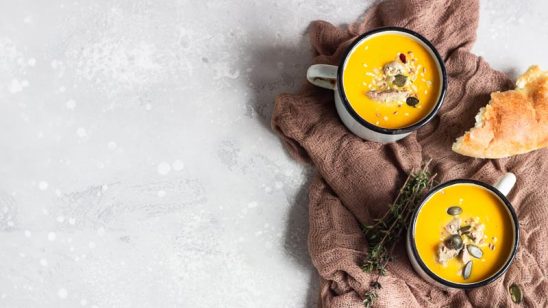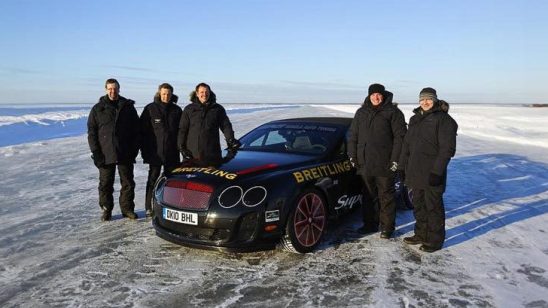
Comedic cancer survivor, Dr Jo Prendergast
Lyttelton psychiatrist, comedian, author and cancer survivor, Dr Jo Prendergast explains her special brand of “tumour humour” to Metropol Editor Lynda Papesch.
Witty, a bit silly, and fairly dead pan are apt descriptives for Jo Prendergast’s special brand of humour. Known as a ‘clean’ comedian, Jo explains that her comedy seems to be relatable to a wide range of people. “You don’t need to be up to date with pop-culture references, or highly educated, to understand my jokes,” she laughs.
A medical doctor with a unique ability to share important health messages through comedy, Jo toured her Cancer and Cartwheels show earlier this year, and will also perform it in Christchurch on 4 May, then at the New Zealand International Comedy Festival, also in May 2024. The one-woman show is especially relatable to women over 40 and to cancer survivors, their social networks, and anyone who knows someone with cancer – which is almost everyone, she says.
“It’s about resilience in the face of adversity, acceptance of change in our lives and bodies, and finding the humour in difficult situations.” The show also explores the themes of toxic positivity (‘pink-washing’ of breast cancer), health care inequality, ageing, and body neutrality, and is a celebration about cancer survivorship, a topic Jo knows all too well from her own experiences with the dreaded “C” word.
Turning her personal experiences into absurd and funny skits, she imparts educational and hopeful messages. “The show has a lot of body humour because of the subject; it’s hard to do a show about breast cancer survivorship without some boob jokes,” she laughs again.
Trying to break down the stigma about cancer and ‘women’s business’ by talking about the untalkable on stage means taking difficult content into some silly and sometimes ‘rude’ directions. Jo’s found that doing so encourages women to talk openly with her after shows. “We had a lovely post-show chat and a cup of tea after my Hokitika show. It felt like what I was supposed to be doing, combining being a doctor, performer, and patient advocate and having wonderful connections with the audience.”
Being a doctor didn’t save Jo from getting cancer, although it often helped her make sense of what she was going through. She found a lump in her breast and armpit only five months after a reportedly normal mammogram. “I have extremely dense breasts, which increases the risk of breast cancer and the risk they can’t see your cancer on a mammogram. In some countries overseas, women legally have to be told their breast density, and if they have extremely dense breasts they are offered MRI or ultrasounds as well as mammograms, but not in the New Zealand screening programme.
“It’s so important for women (and men) to be ‘breast aware’; knowing your normal, checking your breasts regularly, and seeing your GP if anything changes. It’s especially important if you know you have extremely dense breasts.” She believes people should be ‘armpit aware’ as well as ‘breast aware’. Being in the medical field helped Jo’s awareness of cancer, and treatments. “My poor oncologist had to answer a full A4 sheet of questions about my chemotherapy options. I joined several overseas breast cancer support groups and became aware of things that are standard care in the USA, UK, and Australia, yet rarely in New Zealand.
“I requested testing of my tumour (an Oncotype) which gives information about the percentage chance of your individual cancer spreading around your body, and how useful chemotherapy might be. I did ‘cold capping’ which meant I didn’t go bald during chemotherapy, and I also iced my hands and feet, so my nails didn’t fall off.”
Jo put together a website about reducing chemotherapy side effects, particularly information about ‘cold capping’ and icing, and made short films interviewing women about hair loss grief and their experiences cold capping during chemotherapy. The Cancer Society has put the latter video on its website.
Currently, Jo is advocating for cancer patients to have the option of expensive cold capping treatment. “I wish the Breast Cancer Foundation could use some of the 2019 $500k cold capping fundraising to offer subsidies to women who can’t afford it. If anyone would like to start a charity to offer financial assistance to cancer patients wanting to avoid chemotherapy baldness, let me know.”
As a doctor, Jo was more aware of some of the service gaps as she went through treatment; gaps such as post-surgical pain management after discharge, and trying to prevent lymphedema (arm swelling up permanently after armpit lymph nodes have been removed).
“It’s not just about surviving cancer; it’s about surviving it well,” she says, adding that many long-term cancer treatment side-effects can be prevented.” Married to Marty for 28 years, when she’s not touring, writing or producing, Jo enjoys the outdoors, swimming, walking, and horse riding. The family, daughter Charlotte (23), and son Angus (20), moved to Lyttelton after Jo’s cancer treatment.
“I decided that the thing I most wanted to change in my life was to live by the sea. My passion is swimming in the sea, and I can easily do that every day if I want to now. Looking at the sea is very calming for me, and there’s some evidence that ‘blue space’ time increases mental wellbeing.”
As for entertainment, Jo has that built-in, thanks to her job as a comedian, watching other people’s comedy sets, and helping others through her own tumour humour.
Jo’s advice for people with cancer:
Ask how you can reduce the risk of long-term side-effects from treatment. Ask about preventing lymphedema and reducing the risk of chronic pain.
I’ve put information about reducing chemotherapy side effects on this website.




